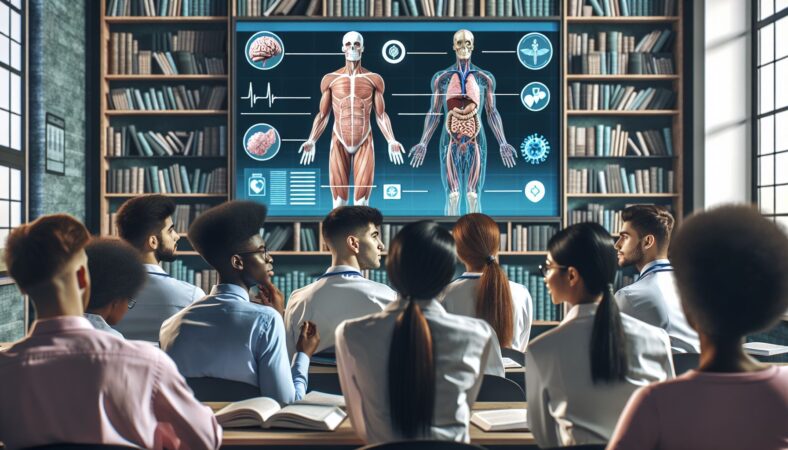In today’s fast-paced world, it’s essential for students to be equipped with medical information that can help them stay healthy and safe. Whether they are studying in a classroom, participating in sports, or living in a dormitory, having a basic understanding of common medical conditions and necessary first aid can make a world of difference in an emergency situation.
One of the most important reasons for students to be familiar with medical information is to be able to recognize the signs and symptoms of common illnesses. Many students live away from home for the first time and may not have the immediate support of their parents or guardians. Knowing how to identify the early signs of conditions like the flu, allergies, or even mental health issues can help students seek appropriate medical attention promptly.
In addition to recognizing symptoms, students should also be aware of how to respond in case of emergencies. Basic first aid skills such as CPR, the Heimlich maneuver, and wound care can be lifesaving in critical situations. Being prepared to act quickly and efficiently can prevent minor injuries from escalating into serious health risks.
Moreover, having a basic knowledge of medications and their proper usage is crucial for students who may be prescribed medication for chronic conditions or acute illnesses. Understanding the potential side effects of medications and how to take them correctly can prevent harmful interactions and ensure optimal treatment outcomes.
Furthermore, students should also be aware of the importance of preventive healthcare measures, such as vaccinations and regular check-ups. By staying up-to-date on vaccinations and attending routine medical appointments, students can maintain their health and well-being throughout their academic careers.
In conclusion, medical information is an invaluable tool for students to navigate the challenges of higher education and independent living. By familiarizing themselves with common medical conditions, first aid procedures, medication management, and preventive healthcare measures, students can empower themselves to make informed decisions about their health and safety. It is essential for educational institutions to prioritize the dissemination of medical information and resources to support student wellness and academic success.
By prioritizing medical information, students can take control of their health and well-being, ultimately leading to a more fulfilling and successful college experience. With the right knowledge and resources at their disposal, students can thrive academically and personally while maintaining a healthy lifestyle.
